
The following is a post I originally wrote for my friends over at Socialfresh as part of there 2013 Social Media Predictions.
While Facebook may be thought of as a “social network” the reality is that this behemoth is aiming to be much, much more. Zuckerburg has been amassing a small army of engineers over the past few years, and now possesses the billions in cash it needs to compete with the biggest tech titans in the space. Facebook has a $50B+ market cap, while frenemy Google has a $200M+ market cap, Microsoft has a $200B+ market cap, and Apple enjoys a $500B+ market cap.
The common difference between Facebook and these leading companies? Hardware.
Software is great – but controlling the entire ecosystem of a hardware platform is where the really big money is.
Everyone Wants Hardware Revenue Like Apple
Microsoft can’t go back with Windows. They will forever be slaves to their hardware partners, while Apple continues to gain desktop market share. However, Microsoft learned their lesson as we saw with Xbox and more recently Surface.
Controlling the entire platform, owning the supply chain and optimizing the user experience is incredibly important. Microsoft needs to be in the hardware game in order to compete with Apple, which is the same reason that Google purchased Motorola.
Microsoft is now mocking Apple with the full set of stores (new Windows Stores), tablets, and soon will likely add their own phones (Windows Phones) and laptops into the mix.
Social Networks Are Fleeting
Let’s face it, social networks are a dime a dozen. Every day a new social network launches trying to one-up Facebook, much like Facebook one-upped MySpace.
Why?
Because two kids in a garage can easily hack together some code, launch it and see what happens for almost zero money.
Someone will eventually get it right and take on Facebook because the barrier to entry is so low. Or Facebook will drown in fragmentation.
Creating a hardware/software ecosystem is something different altogether. It is incredibly resource intensive, requires huge amounts of capital and it is very difficult to get traction.
It is why we haven’t seen a new video game console come to the mass market in so many years. It is just too hard to compete with the existing ecosystems of Xbox, Wii and Playstation. There are many game studios, but there are only three console manufacturers.
Owning Your Own Destiny
To put it in perspective – right now Facebook is merely a game playing on Apple, Google and Microsoft mobile devices. The big boys own the hardware ecosystem and the ultimate interface with the consumer. Facebook’s mobile fate is largely in their hands… much like Zynga’s fate was in Facebook’s hands.
They have to enter the hardware market and create their own ecosystem if they want to fortify their position as the leader in the social space. It is the only way to keep the scrappy little startups from constantly nipping at their heals, or avoid getting crushed by their larger rivals.
My predictions for 2013
1. Facebook Phone
We will surely see the introduction of the Facebook phone in 2013, but it won’t stop there.
2. Facebook TV
The current tech race is for the small screen in our pockets and the big screen in our homes. Television is a social experience by nature and Facebook has a unique opportunity to enhance it. A Facebook set top box would provide an entirely new way for Facebook to generate advertising revenue from brands and distribute social-enabled interactive video.
3. Facebook Payments
Supporting both of these efforts will be the introduction of a Facebook backed competitor to PayPal, Amazon Payments and Square. This new service will have hardware and software components that make it easier for consumers to pay for the items and services they discover through their social graph (and sponsored stories – of course).
It will also allow Facebook to collect incredibly valuable data about user purchases and behavior.
4. Facebook Storefront
The combination of software and propriety hardware in a controlled ecosystem would create a very defensible position for Facebook long term. The more information that Facebook has about you, the more they will be able to charge advertisers and manufacturers to reach you.
Ultimately Facebook will sell products directly to you, utilizing all of the information they have from your social graph and the purchases they process. They will compete directly with Amazon using a social-enabled recommendation engine.
—-
There is an all out war in Silicon Valley.
The giants all want your eyeballs, your data and the cash in your wallet.
Software will only take Facebook so far.
The question is will Facebook break into the hardware market with a solution as compelling as their current service?
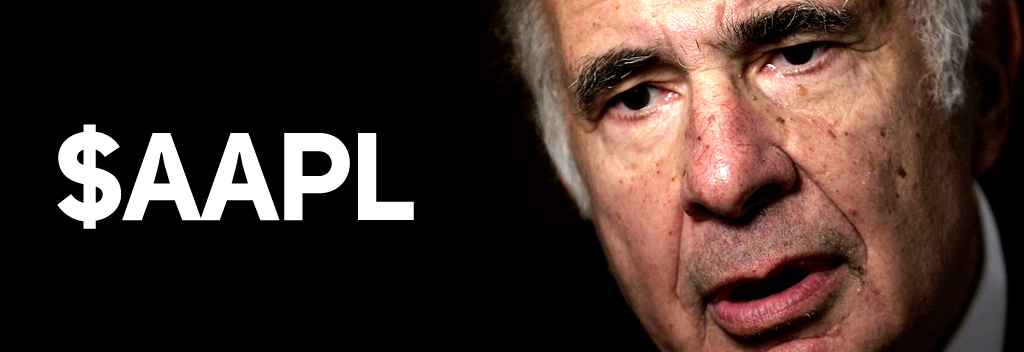



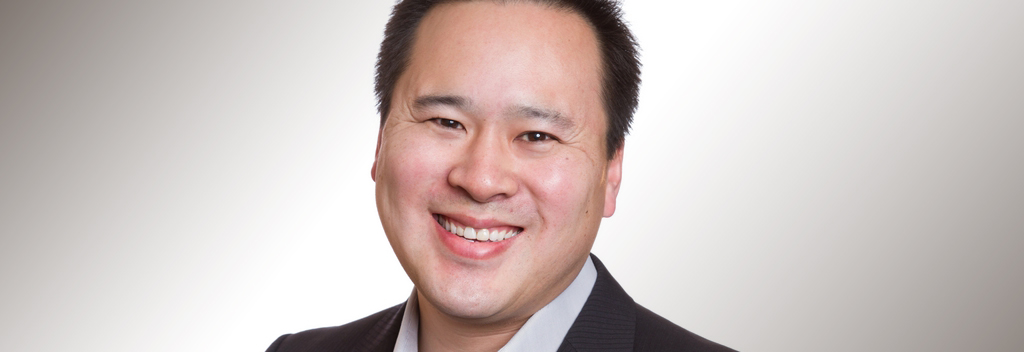
 I recently had the opportunity to catch up with Jeremiah, now a Partner at
I recently had the opportunity to catch up with Jeremiah, now a Partner at 






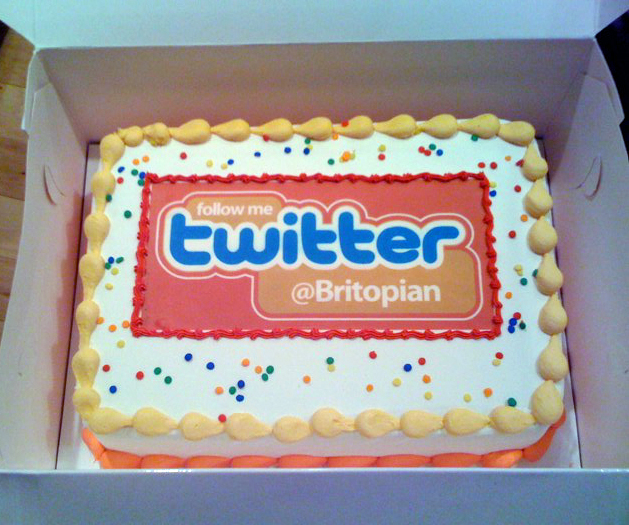


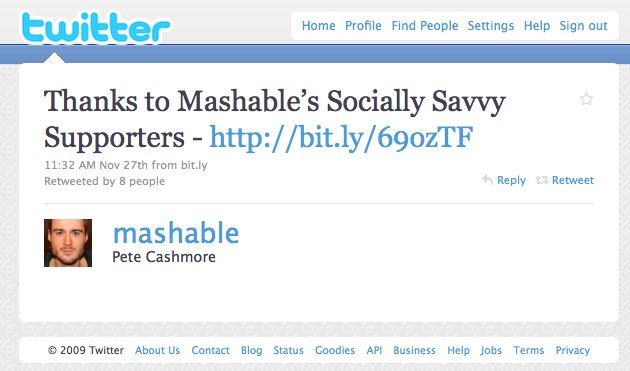

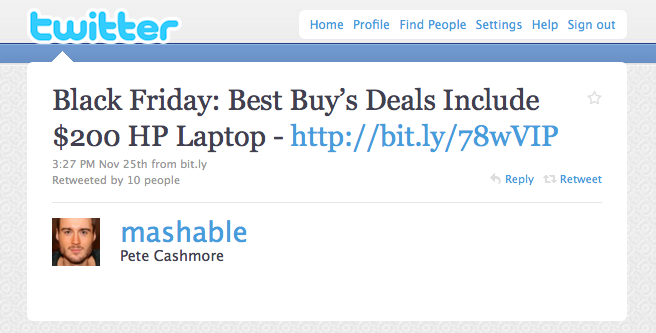
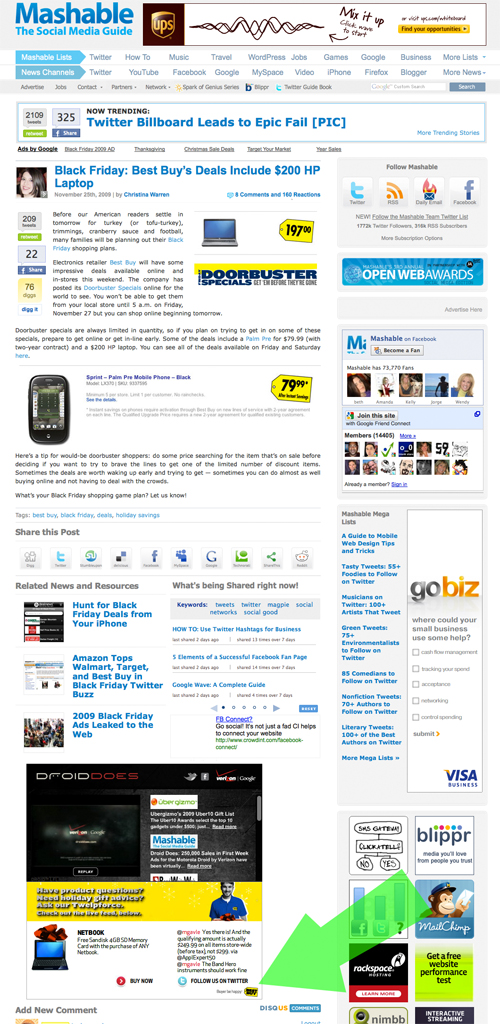
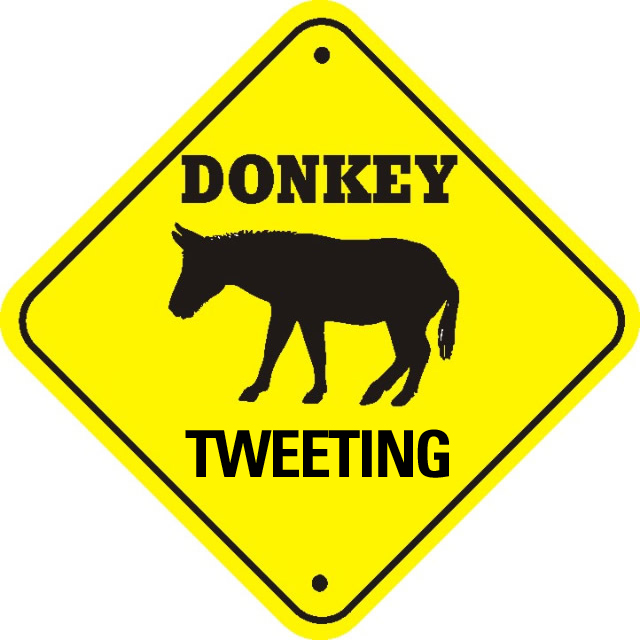
 One of the arguments that I hear from people when they talk about
One of the arguments that I hear from people when they talk about 

 In my role at
In my role at